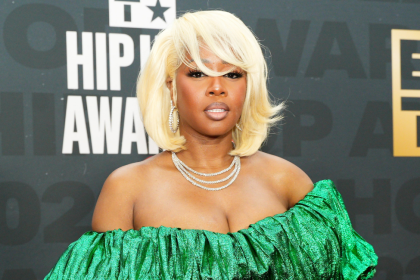Jeopardy! host Ken Jennings addressed an on-air moment that caused controversy reinforcing dated gender stereotypes during a recent episode of the long-running quiz show. The incident occurred during a rhyming phrase category when contestant Heather Ryan selected a $400 clue.
The clue referenced Dorothy Parker’s phrase about women wearing glasses, which contestant Will Wallace answered correctly. The response created tension as Ryan, the only woman competing that night, wore glasses herself.
Jennings immediately acknowledged the outdated nature of the phrase, describing it as problematic and offering an apology to Ryan. The moment highlighted ongoing discussions about representation and inclusivity in mainstream media.
Ryan maintained her composure and competitive edge throughout the remainder of the game, successfully answering the next rhyming phrase clue. She finished the episode in second place, falling short of winner Ian Taylor by a single dollar.
The incident sparked conversations about content selection in modern game shows. As television programs face increased scrutiny over dated material, this moment exemplifies the challenge of balancing traditional content with contemporary values.
Social media responded to the episode with mixed reactions, as viewers debated the responsibility of game shows to screen potentially offensive material. The discussion reflects broader cultural conversations about updating entertainment formats for modern audiences.
The moment stands out particularly because Jeopardy! maintains significant influence in American pop culture, reaching millions of viewers daily. As the show approaches its 60th year on television, instances like these demonstrate the ongoing need to evaluate historical content through a contemporary lens.
Jennings reaction marks a shift from previous eras when such moments might have passed without comment. His immediate acknowledgment shows evolving standards in mainstream entertainment, where hosts increasingly recognize their platform’s impact on social conversations.
The incident raises questions about the vetting process for game show content and how classic programs can better reflect current social values. As shows like Jeopardy! continue to shape cultural conversations, their response to such moments becomes increasingly significant.
For a program that has historically prided itself on intellectual rigor, this episode demonstrates that even established institutions must constantly evaluate their content’s impact on diverse audiences. The show’s handling of the situation suggests a growing awareness of the need for thoughtful content curation in modern broadcasting.

















